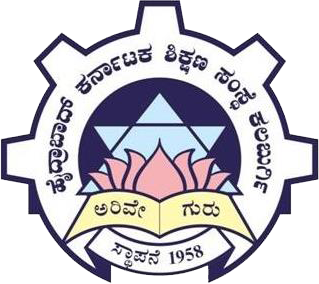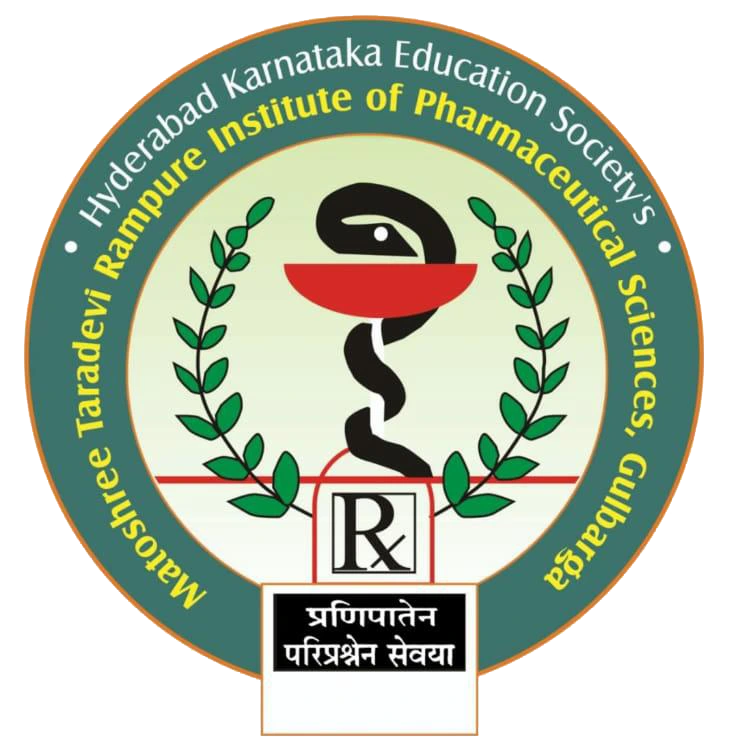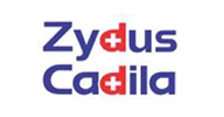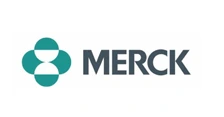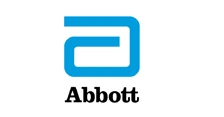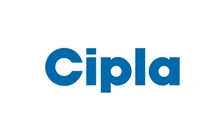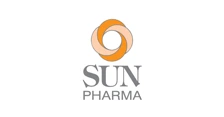Ph D
PROGRAM OVERVIEW
| Program Name | Bachelor of Pharmacy (B.Pharm) |
| Intake Capacity | 100 Students |
| Level of Study | Undergraduate Degree |
| Mode of Program | Choice Based Credit System (CBCS) |
| Duration | 4 Years (8 Semesters) |
| Affiliation | Rajiv Gandhi University of Health Sciences (RGUHS) |
| Regulatory Body | Pharmacy Council of India (PCI) |
Pharmacy is a vital health care profession concerned with the management of drug therapy in patients. It also encompasses the generation, dissemination, and application of drug-related information to ensure the safe and effective use of medications.
The scope of pharmacy is vast, covering areas such as:
- Synthesis, analysis, and biological evaluation of molecules with medicinal value
- Cultivation, isolation, and characterization of medicinal plants
- Clinical, community, and hospital pharmacy practices
- Drug formulation and regulatory affairs
Pharmaceutical education has evolved alongside medical education, and in India, it has seen tremendous advancements over the decades, aligning with international standards in both academic content and practical relevance.
A professional with a degree in pharmacy is known as a pharmacist, an authorized and qualified individual to handle, dispense, and manage medicines at various levels. As mandated by the Drugs and Cosmetics Act, 1940 and regulated by bodies such as the Pharmacy Council of India (PCI), the role of the pharmacist is essential in any setting where medications are involved.
Pharmacists play a crucial role in healthcare, collaborating with other health professionals and providing essential services to patients to ensure optimal therapeutic outcomes.
The Bachelor of Pharmacy (B.Pharm) is a four-year undergraduate degree program that equips students with all the necessary scientific, technical, and clinical knowledge and skills to excel in the pharmacy profession.
At HKE’s Matoshree Taradevi Rampure Institute of Pharmaceutical Sciences, the B.Pharm program follows the uniform syllabus prescribed by the Pharmacy Council of India (PCI) and the Rajiv Gandhi University of Health Sciences (RGUHS). The curriculum is designed to provide comprehensive pharmaceutical education, integrating theory, practicals, research exposure, and professional ethics.
STRUCTURE OF THE B.PHARMACY PROGRAM
The Bachelor of Pharmacy (B.Pharm) is a four-year academic program spread across eight semesters. The curriculum, prescribed by the Pharmacy Council of India (PCI), focuses on imparting both foundational and advanced knowledge, alongside skill development essential for the pharmacy profession. The subjects are grouped into key domains as outlined below:
- Pharmaceutics
Pharmaceutics involves the formulation of pure drug substances into suitable dosage forms. It includes:
- Physical Pharmaceutics
- Pharmaceutical Engineering
- Industrial Pharmacy
- Quality Assurance
- Biopharmaceutics and Pharmacokinetics
- Novel Drug Delivery Systems
This domain imparts knowledge on formulation and analysis of pharmaceuticals and cosmetics, pharmacokinetic parameters, and regulatory aspects governed by Pharmacopoeias, FDA, WHO, and ISO standards.
- Pharmaceutical Chemistry
Pharmaceutical Chemistry is an interdisciplinary field that supports drug discovery, development, design, and analysis. It includes:
- Inorganic Chemistry
- Biochemistry
- Organic Chemistry
- Medicinal Chemistry
- Pharmaceutical Analysis (Chemical & Instrumental)
The focus is on understanding the identity, purity, efficacy, and safety of pharmaceutical substances.
- Pharmacology
Pharmacology is the study of drug actions and interactions on living systems. Core topics include:
- Pharmacodynamics (mechanism of drug-receptor interactions)
- Pharmacological Screening using animal models
- Pharmacology Calculations
- Biological Standardization
- Toxicity Studies and Drug Interactions
This area prepares students to understand and apply drug action principles for therapeutic purposes.
- Pharmacognosy
Pharmacognosy focuses on natural products derived from plants, microbes, and animals. Topics covered include:
- Physicochemical and Biochemical Analysis
- Standardization and Characterization of Crude Drugs
- Biogenesis of Phytoconstituents
- Cultivation Technology
- Biotechnological Applications
- Therapeutic Uses of Herbal Drugs
This domain supports the development and quality assurance of herbal and traditional medicines.
- Pharmacy Practice
Pharmacy Practice encompasses patient-oriented services in clinical, hospital, and community settings. It emphasizes:
- Primary Healthcare Delivery
- Patient Counselling
- Adverse Drug Reaction (ADR) Monitoring
- Therapeutic Drug Monitoring (TDM)
- Drug Information Services
This area trains students to provide clinical pharmacy services and promote rational drug use.
ELIGIBILITY
Candidate shall have passed 10+2 examination conducted by the Board of Higher Education, Karnataka/equivalent with English as one of the subjects and Physics, Chemistry, Mathematics (P.C.M) and or Biology (P.C.B / P.C.M.B.) as optional subjects individually.
- The candidate shall fulfill eligibility criteria before the last date of application.
- Admissions are based on the 10+2 marks
CAREER PROSPECTS
Career Opportunities for B.Pharm Graduates
Qualified pharmacists are eligible to serve in a wide range of sectors, contributing to healthcare, industry, education, and research. Some of the key career paths include:
- Drug Inspector
- Responsible for monitoring the quality of drugs manufactured and sold in the market.
- Ensures compliance with legal and regulatory requirements.
- Government Analyst
- Engaged in the analysis of drug samples in government laboratories to ensure quality, safety, and efficacy.
- Pharmacist in Government Services
- Opportunities in government hospitals, railways, defence services, and public health sectors.
- Hospital and Community Pharmacist
- Involved in dispensing medications, patient counseling, and ensuring rational drug use in hospitals, clinics, and community health centers.
- Clinical Pharmacist / Pharmacist Manager
- Works closely with physicians and healthcare providers to manage and optimize pharmacotherapy for patients.
- Ensures effective medication management in clinical settings.
- Industrial Pharmacist
- Plays a vital role in formulation development, manufacturing, quality control (QC), and quality assurance (QA) of pharmaceutical products such as tablets, capsules, injections, etc.
- Sales and Marketing Executive
- Involved in pharmaceutical sales, promoting medications to healthcare professionals.
- Works in distribution and logistics of bulk pharmaceuticals.
- Academic Pharmacist
- Engaged in teaching Diploma and Bachelor of Pharmacy students.
- Involved in practical training, curriculum development, and academic research.
- Higher Education Opportunities
- B.Pharm graduates can pursue postgraduate degrees such as:
- M.Pharm (in various specializations)
- MS (Pharmaceutical Sciences abroad)
- M.Tech (Pharmaceutical Technology)
- MBA (Pharma Management, Healthcare Management)
Our Recruiters
Our trusted placement partners connect talent with opportunity, ensuring bright futures for our students in leading industries.
